
10 Tips To Successfully Set Up A Planner
Planning is highly critical for staying productive and organized in your daily life. If you’re tired of losing sight of your goals and to-do lists, get yourself a planner to jot down everything in one place.
We are all fond of smartphones and laptops much more than a pen and paper. Yes, it’s understandable that we’re living in the digital age, but some things can still be done the old school to achieve maximum results.
You can pick a planner of your choice, but it’s good to go for options that can strike a balance between your personal and professional lives, especially while working from home. Here are the ten expert tips on how to begin your planner routine.
1. Determine The Reason Behind Planning
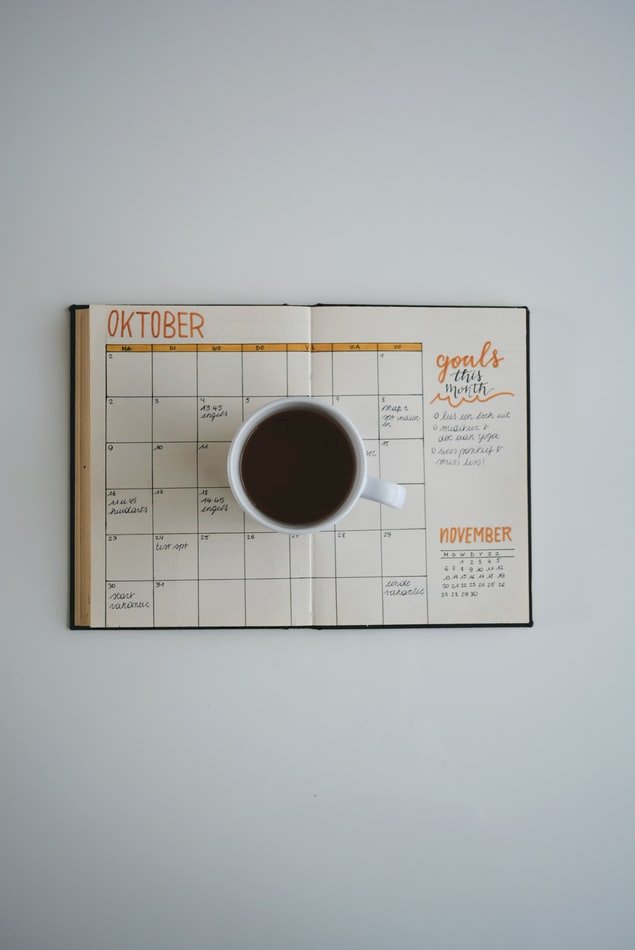
Photo by Estee Janssens on Unsplash
You have to have a substantial reason why you need a planner. It can be anything from sorting out your daily routine to keeping track of your workouts or simply organizing your daily office meetings. Don’t let your planner lie around with blank pages.
2. Start Small
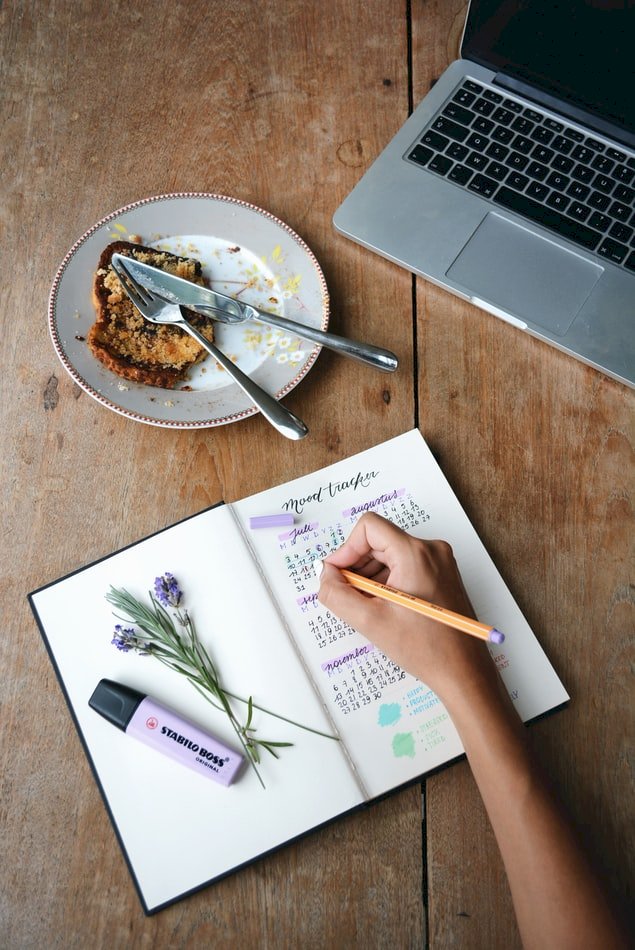
Photo by Estee Janssens on Unsplash
It can get overwhelming at first, and you might want to put everything down in your planner. But take a deep breath and go slow. Start by planning out one or two things and follow them through before getting on to the one.
3. Categorize Your Tasks
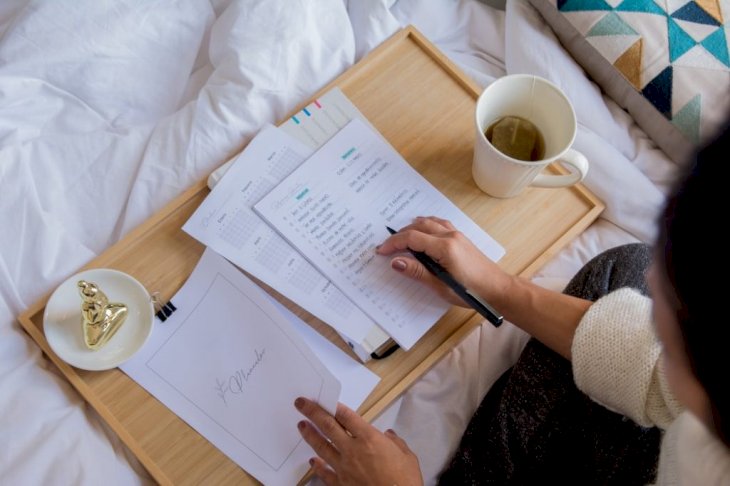
Photo by Paico Oficial on Unsplash
If you’re a newbie or someone who struggles with sorting things out, start categorizing your tasks. You can begin with categories like family, personal, work, exercise, friends, and so on. In this way, you can track your progress in the respective areas without feeling bogged down.
4. Assign Level Of Importance To Each Task
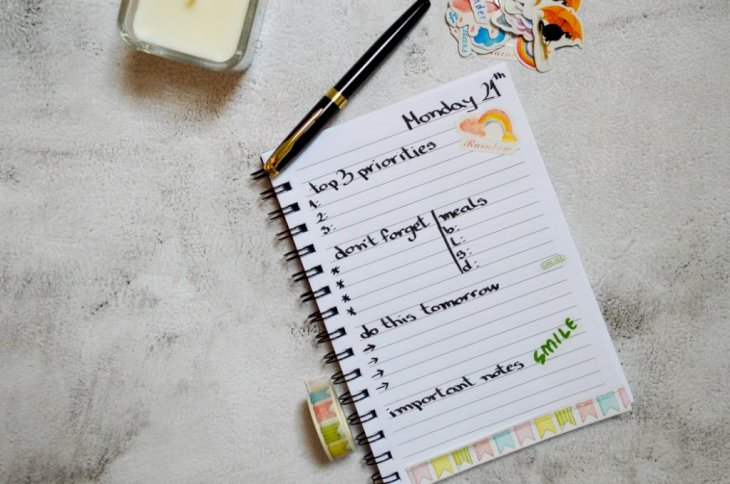
Photo by gorana b on Unsplash
It would be best if you got in the habit of prioritizing your tasks, so you know exactly what needs to be done first and for what reason. Working around tasks will also help you achieve efficiency and a sense of discipline in your life.
5. Update Your Planner Regularly

Photo by Marcos Paulo Prado on Unsplash
It will help if you go through your planner every day not to miss the sight of an important task. Make sure you’re working around the assigned task lists and check for any changes you want to make.
6. Give A Deadline To Your Tasks
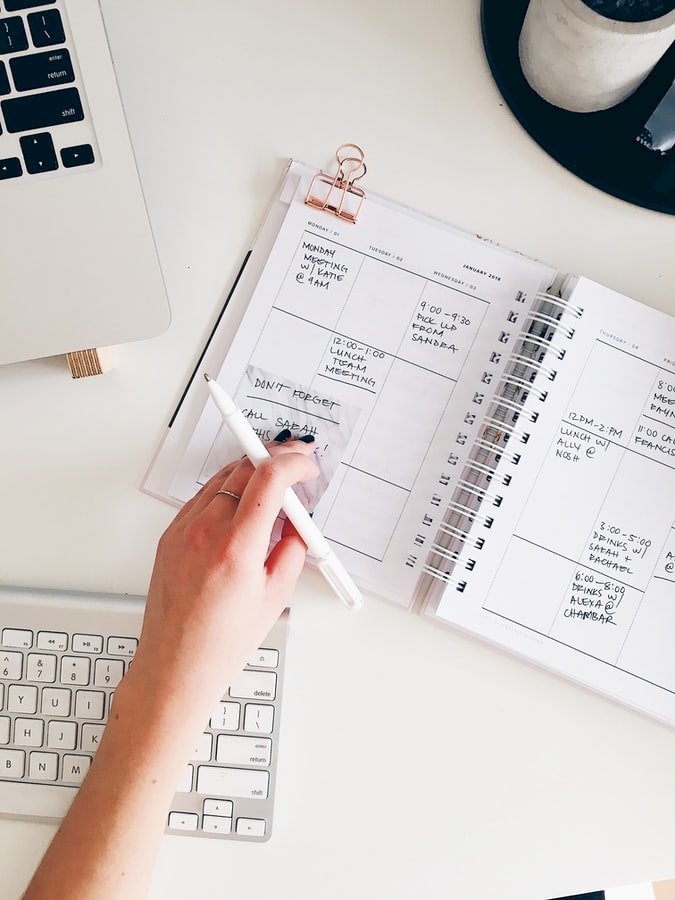
Photo by STIL on Unsplash
You cannot just buy a planner and put in things with no record time to get done with them. It will only make you lose your sense of purpose and pile things up for you, so assign a deadline to your tasks and complete them accordingly.
7. Prioritize At Least 5 Tasks A Day
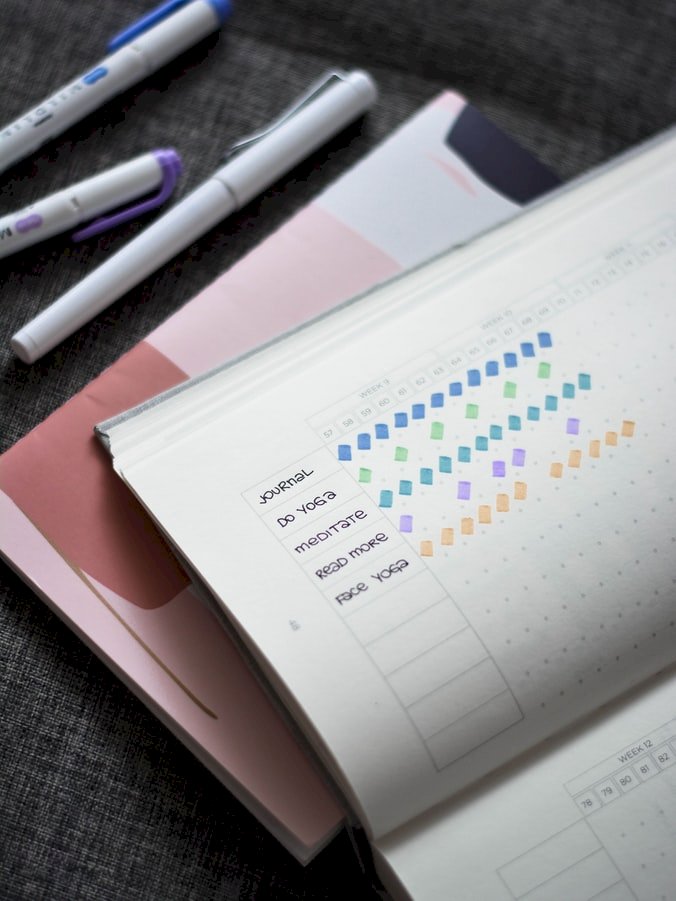
Photo by Prophsee Journals on Unsplash
As a beginner in the planning arena, you should set the goal of completing at least five tasks daily. With time, this will give you a sense of accomplishment and self-confidence and motivate you to perform better in the future.
8. Write Down Everything Clearly

Photo by Dee @ Copper and Wild on Unsplash
Please avoid making untidy notes or scribbling on the edges of the page. It will make you feel unorganized and negate the whole purpose of having a planner. Write down each and everything in exact words and use different colored pens or markers for ease of identification.
9. Use A Single Planner For All Your Tasks
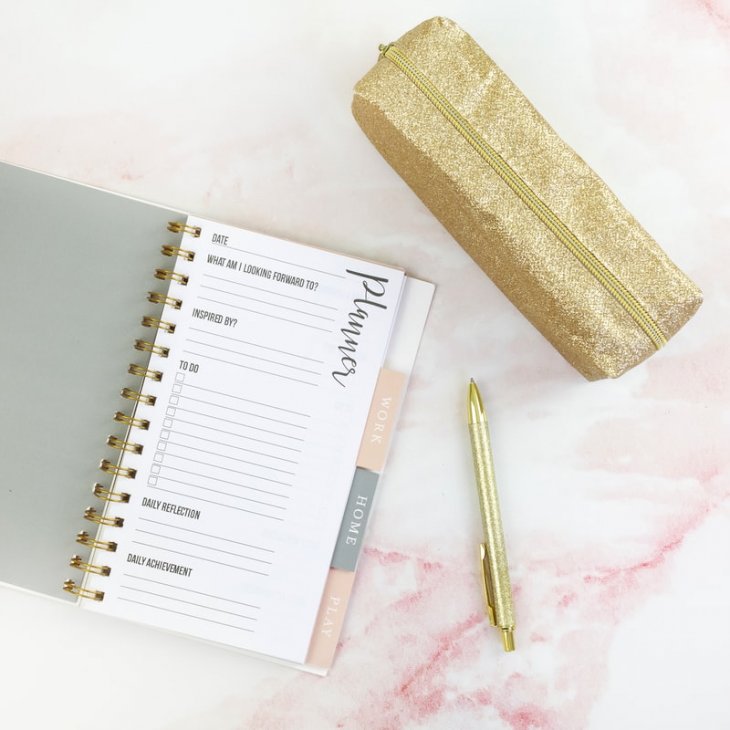
Photo by Emma Mathews Digital Content Production on Unsplash
Having one planner for all your things makes it easier to stay organized and keep a tab on your progress. If you go for more planners, you might end up losing them or get carried away with not knowing how to put them all to use.
10. Make Mistakes & Fix Them

Photo by Alexa Williams on Unsplash
It’s completely acceptable to make mistakes, as long as you’re willing to fix them and stay committed to your planning routine. You don’t have to follow in someone else’s footsteps to aim for perfection. Do things the way you like and find what works best for you.